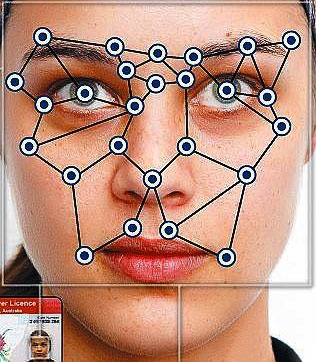Facial recognition technology needs to know your age

To be really effective the use of facial recognition technology needs to be able to assess the age of the person access a computer system. A new approach for machine learning and age assessment has been announced.
Computerized face recognition is seen by many analysts as the optimal means to prevent unauthorized access to computer systems. Facial recognition also has other applications, like improving social networks and the curating of photographs for news media. To be efficient systems need to enable a computer to estimate with precision a person’s age based on the analysis of their face.
The researchers suggest that age classification will add a tighter aspect to security systems and surveillance. To assess the feasibility, the researchers undertook a survey of age classification systems to examine the advantages and disadvantages and to help steer research in the appropriate direction. The ultimate aim of for security developers is the construction of an algorithm that cannot be fooled in terms of facial age recognition.
With their review of what is currently available the researchers concluded that no real-time algorithm for age classification yet exists with the necessary degree of accuracy. This is because existing age classification systems a reliant upon geometric ratios of facial features and analysis of wrinkles in the skin. It is possible, through advances in machine learning, to overcome this. The problem that is hampering this is that no library of facial images exists with a sufficient number of photographs of a person’s face taken at different ages. This constricts how well any algorithm might be trained. The way forwards is, the researchers state, building up a volunteer database of facial images.
The research has been published in the journal International Journal of Applied Pattern Recognition, with the research paper titled “Human age classification via face images: a survey.” In related cyber security and facial recognition news, Digital Journal has examined new 3D rendering technology designed to help to protect computer systems, see: ”3D selfie for face and emotion recognition.”
Source: digital journal